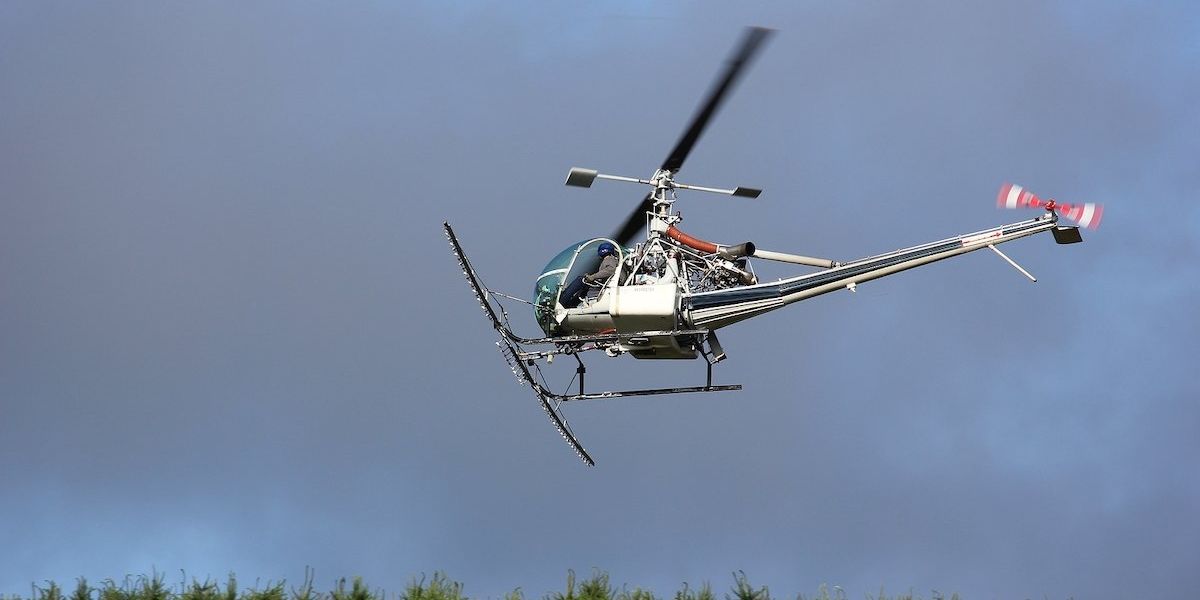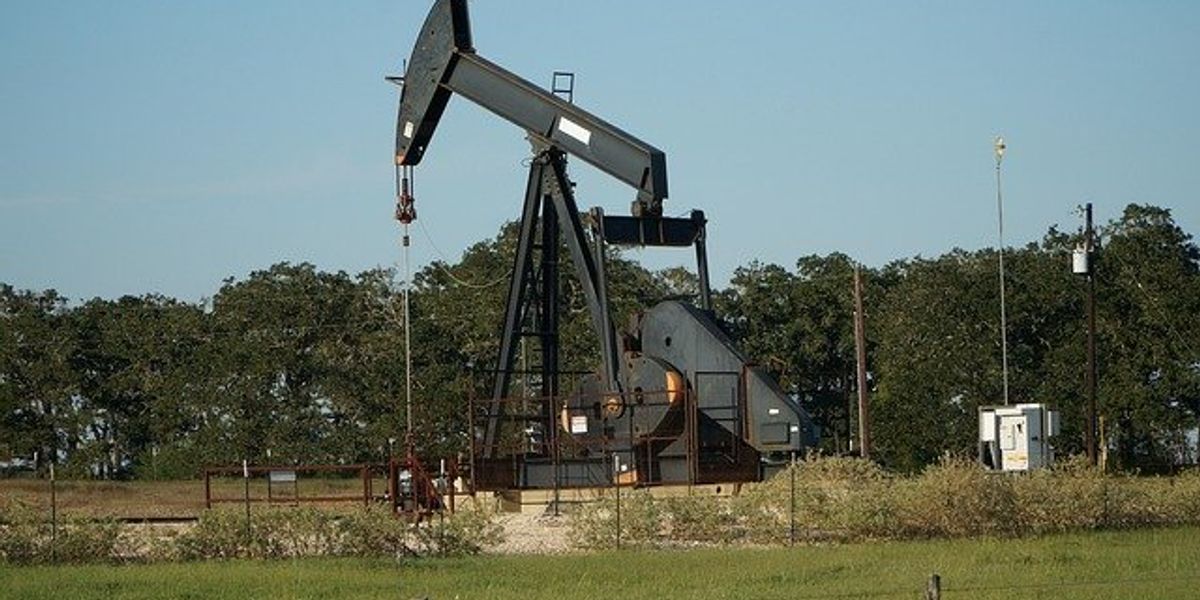
British Columbia’s war on aspen is fueling wildfires
For decades, B.C.’s forestry industry has used glyphosate herbicides to kill aspen and other deciduous trees, prioritizing conifers for profit—a practice critics say intensifies wildfire risks and depletes ecosystems.
Ainslie Cruickshank reports for The Narwhal.
In short:
- Glyphosate spraying in B.C. forests targets aspen and other plants to prioritize conifer plantations, but this practice undermines biodiversity and wildlife habitats.
- Aspen, with its moisture-retaining properties, serves as a natural firebreak, reducing wildfire intensity, while conifers contribute to drier, more flammable landscapes.
- Critics, including ecologists, argue glyphosate spraying exacerbates fire risks, disrupts forest ecosystems, and harms species that rely on aspen for food and shelter.
Key quote:
“We’ve got to stop cutting down aspen, we’ve got to stop spraying aspen. Nature can heal itself, but we’ve got to get out of the way.”
— James Steidle, founder of Stop the Spray B.C.
Why this matters:
With wildfires becoming more severe due to climate change, preserving aspen forests could mitigate fire risks and promote healthier ecosystems. The B.C. NDP government pledged to phase out herbicide use in forestry, but critics say progress has been sluggish. Meanwhile, communities bear the brunt of bigger, hotter wildfires while biodiversity takes a backseat to profit. Read more: Glyphosate, explained.














